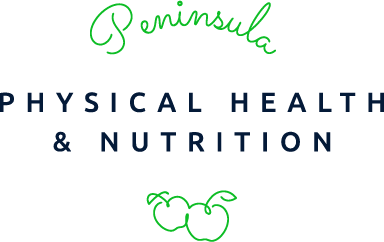The truth about alcohol
Alcohol is one of those things that everyone loves – and everyone knows that it’s not great for you, but we all enjoy it so much. A drink after work, a cheeky beer in the sun, celebratory champagne, a nice glass of red on a cold night, you name it and we do it.
What makes alcohol so bad?
Alcohol, when consumed in heavy amounts, can cause inflammation of the liver, scarring (cirrhosis) of the liver, cardiomyopathy, vitamin B deficiency (particularly folate)1 and different types of cancers, including breast, colon, prostate, mouth and oesophagus. Alcohol is also associated with violence, road fatalities, sleep disturbance and crime.
Alcohol is also full of empty calories, meaning that your body gets the calories without the nutrition. The average standard alcoholic beverage contains around 100 calories – that’s the equivalent of a thick slice of bread, a large banana or a small tub of yoghurt. Along with the empty calories, mindless eating or munchies also goes hand in hand with drinking. This means that often higher calorie, less nutritious foods are commonly over-consumed, such as chips, cheese and crackers, takeaway, etc.
Further, alcohol dehydrates. In addition, most people neglect to drink water or other hydrating beverages when drinking alcohol; this is often why headaches are experienced after drinking.
What is a standard drink?
This is where people get caught out; you think you have only had two glasses of wine poured into your oversized, trendy glass, when in reality you have probably consumed half a bottle in those two glasses.
A standard drink is:
- 30ml of a 40% spirit.
- ~100ml of a 12% wine.
- A pot (285ml) of 4.8% beer.
Are there any benefits to alcohol?
Light to moderate alcohol consumption is associated with a reduced risk of multiple cardiovascular outcomes². Studies have shown that a glass of red wine per day can improve HDL ‘good’ cholesterol and decreases cardiometabolic risk3.
Further, the social and psychological benefits of alcohol may contribute to health and well-being. A drink before a meal can improve appetite or offer a soothing respite at the end of a stressful day; the occasional drink with friends can be a great social outlet. The important thing to remember is to aim for at least two alcohol free days per week, and keep drinks to just one or two on the days you do drink.
-
Baglietto L, English DR, Gertig DM, Hopper JL, Giles GG. Does dietary folate intake modify effect of alcohol consumption on breast cancer risk? Prospective cohort study. BMJ. 2005; 331:807.
-
Booyse FM, Pan W, Grenett HE, et al. Mechanism by which alcohol and wine polyphenols affect coronary heart disease risk. Ann Epidemiol. 2007; 17:S24–31.
-
Gepner Y,Golan R, Harman-Boehm I, et al, Effects of Initiating Moderate Alcohol Intake on Cardiometabolic Risk in Adults With Type 2 Diabetes: A 2-Year Randomized, Controlled Trial. Ann Intern Med. 2015 Oct 20;163(8):569-79.





